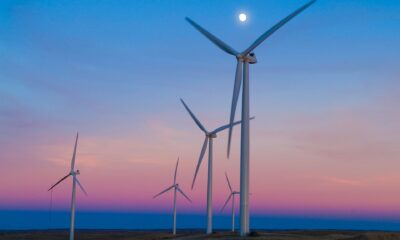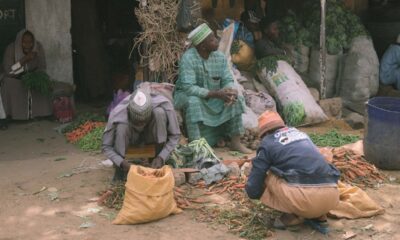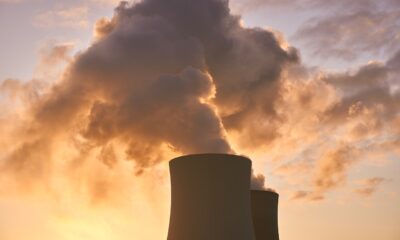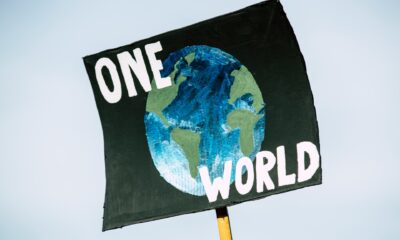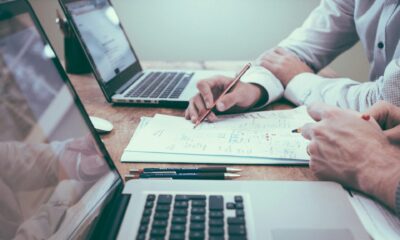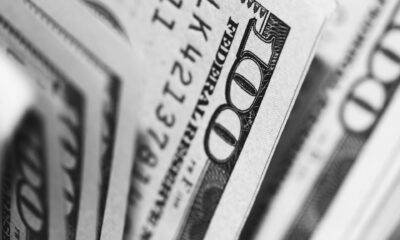Africa
Burkina Faso validates a new project to increase access to energy in rural areas
Burkina Faso’s project under the African mini-network program of the Global Environment Facility and the United Nations Development Program (GEF-UNDP) will be implemented at a cost of $1,700,000. For the representative of the Minister in charge of Energy, Ahmed Djiga, this project is part of the achievement of the goal of 50% access to clean and sustainable energy in rural areas by 2025.
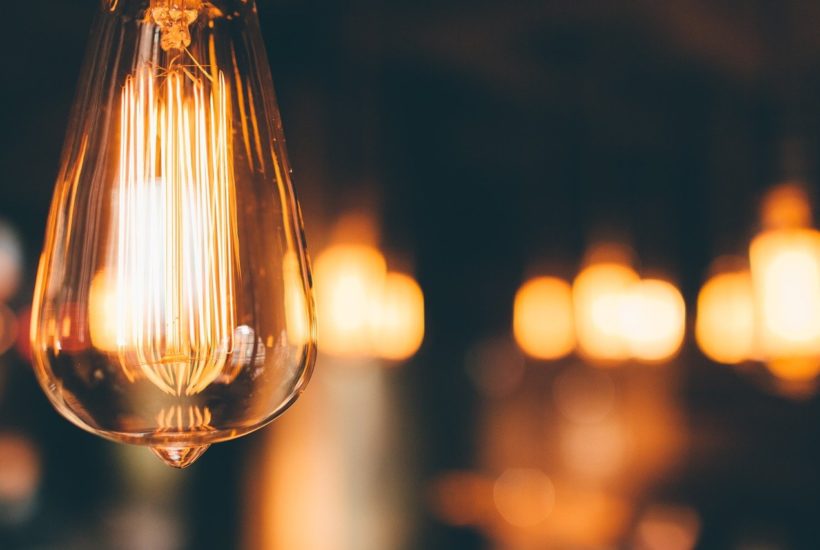
To increase access to energy in rural areas, promote renewable energies, and especially reduce the cost of electricity, a new project document from Burkina Faso under the African mini-grid program of the Global Environment Facility and the United Nations Development Program (GEF-UNDP) is being put in place.
The validation of this new project took place on Tuesday, February 23rd, 2021 in Ouagadougou, during a workshop organized by UNDP. The opening ceremony of this workshop was chaired by the representative of the Minister in charge of energy, Ahmed Djiga.
After six months of work, the new project document of Burkina Faso under the African mini-networks program of the Global Environment Facility and the United Nations Development Program (GEF-UNDP) is ready for validation.
This is the statement made by the representative of the UNDP Resident Representative in Burkina Faso, Martin N’Banda, in his introductory speech. According to him, this workshop aims, among other things, to present the draft of this project, collect suggestions and orientations in order to have a consensual project document that takes into account the aspirations of stakeholders in terms of access to energy in rural areas.
That is why, he said, this workshop is a crucial step in the formulation process and will make it possible to have a consensual and validated project document to be submitted to the Executive Secretariat of the Global Environment Facility (GEF).
Read more about the new project approved in Burkina Faso to increase access to energy in rural areas and find other economic news from around the world with the Born2Invest mobile app.
Energy stakeholders validate the new project
For the representative of the Minister in charge of Energy, Ahmed Djiga, this project is part of the achievement of the goal of 50% access to clean and sustainable energy in rural areas by 2025. This will make energy more available and accessible to all by 2030, he added.
This new project in Burkina Faso under the African mini-grid program of the Global Environment Facility and the United Nations Development Program (GEF-UNDP) is also a sub-regional project for which Burkina Faso is the pilot country, said Ismaël S., Director General of the Burkina Faso Rural Electrification Agency (ABER).
“Burkina Faso is therefore responsible for leading the project and making investments in order to scale it up to the sub-regional level. At the Burkina level, it will make it possible to set up more than 500 mini-power plants in rural areas that will contribute to the happiness of the people of Burkina Faso. The objective is to reach 50% by 2025 and what is being done today is to establish a model, a technology, and a basic framework for this type of investment in rural areas,” explained Managing Director Nacoulma.
$1.7 million to finance the project
Burkina Faso’s project under the African mini-network program of the Global Environment Facility and the United Nations Development Program (GEF-UNDP) will be implemented for a period of four years at the sub-regional level at a cost of $1.7 million. Funding will be provided by UNDP and GEF. “The UNDP will invest $200,000 per year or $800,000 over the duration of the project, and the Global Environment Facility will contribute $900,000, making a total of $1.7 million,” said the UNDP Energy Programme Officer, Sylvain Thiombiano.
__
(Featured image by Free-Photos via Pixabay)
DISCLAIMER: This article was written by a third party contributor and does not reflect the opinion of Born2Invest, its management, staff or its associates. Please review our disclaimer for more information.
This article may include forward-looking statements. These forward-looking statements generally are identified by the words “believe,” “project,” “estimate,” “become,” “plan,” “will,” and similar expressions. These forward-looking statements involve known and unknown risks as well as uncertainties, including those discussed in the following cautionary statements and elsewhere in this article and on this site. Although the Company may believe that its expectations are based on reasonable assumptions, the actual results that the Company may achieve may differ materially from any forward-looking statements, which reflect the opinions of the management of the Company only as of the date hereof. Additionally, please make sure to read these important disclosures.
First published in lefaso.net, a third-party contributor translated and adapted the article from the original. In case of discrepancy, the original will prevail.
Although we made reasonable efforts to provide accurate translations, some parts may be incorrect. Born2Invest assumes no responsibility for errors, omissions or ambiguities in the translations provided on this website. Any person or entity relying on translated content does so at their own risk. Born2Invest is not responsible for losses caused by such reliance on the accuracy or reliability of translated information. If you wish to report an error or inaccuracy in the translation, we encourage you to contact us.

-

 Business2 weeks ago
Business2 weeks agoDow Jones Nears New High as Historic Signals Flash Caution
-
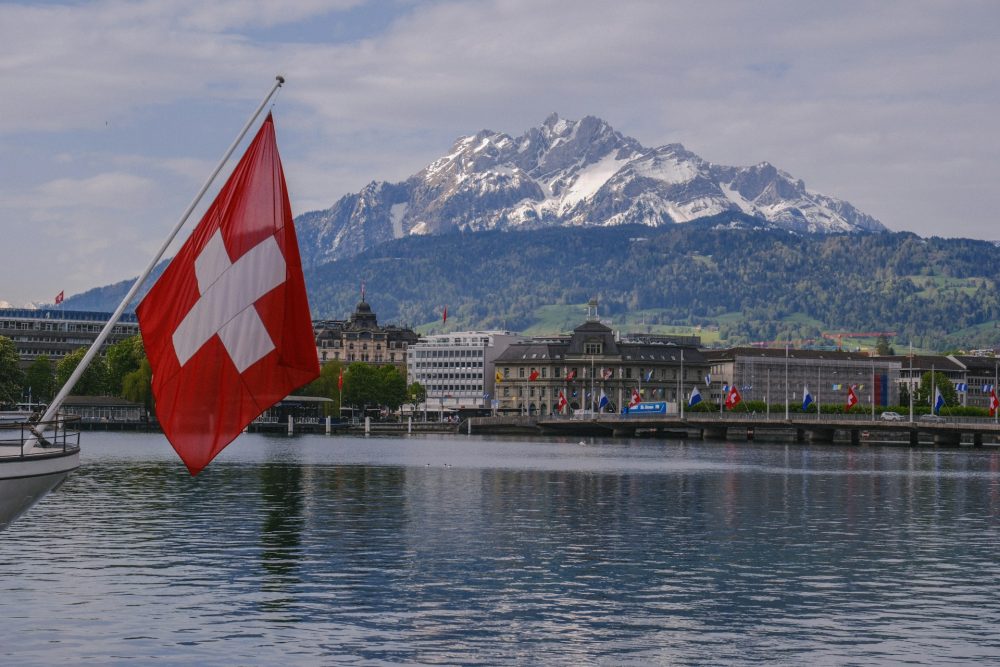
 Cannabis4 days ago
Cannabis4 days agoSwitzerland Advances Cannabis Legalization with Public Health Focus
-

 Crypto2 weeks ago
Crypto2 weeks agoBitcoin Surges Toward $110K Amid Trade News and Solana ETF Boost
-

 Fintech7 days ago
Fintech7 days agoRipple and Mercado Bitcoin Expand RWA Tokenization on XRPL
